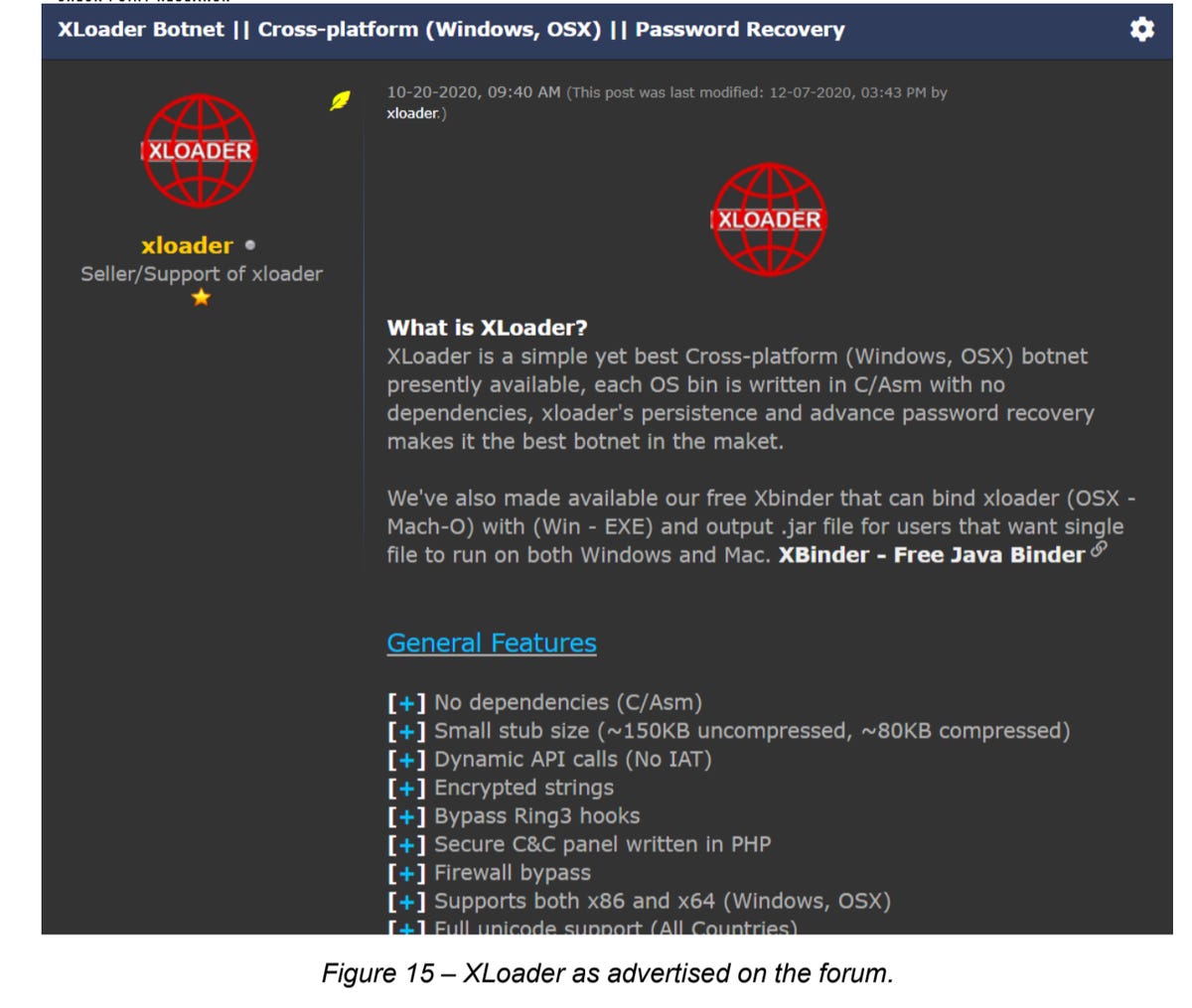From 2-spyware.com

Search Symphony is a potentially unwanted program that can be installed on Mac computers. Usually, users do that unknowingly when installing new software from a bundle. Additional apps aren’t disclosed, and if you rush through the installation process, all of them are automatically installed on your computer.
When the article’s culprit infiltrates the system, whether with your direct approval or without it, it changes certain browser settings, particularly the default search engine, new tab, and homepage preferences. After doing so, the browser hijacker enables data-tracking, redirects, and ad injection.





